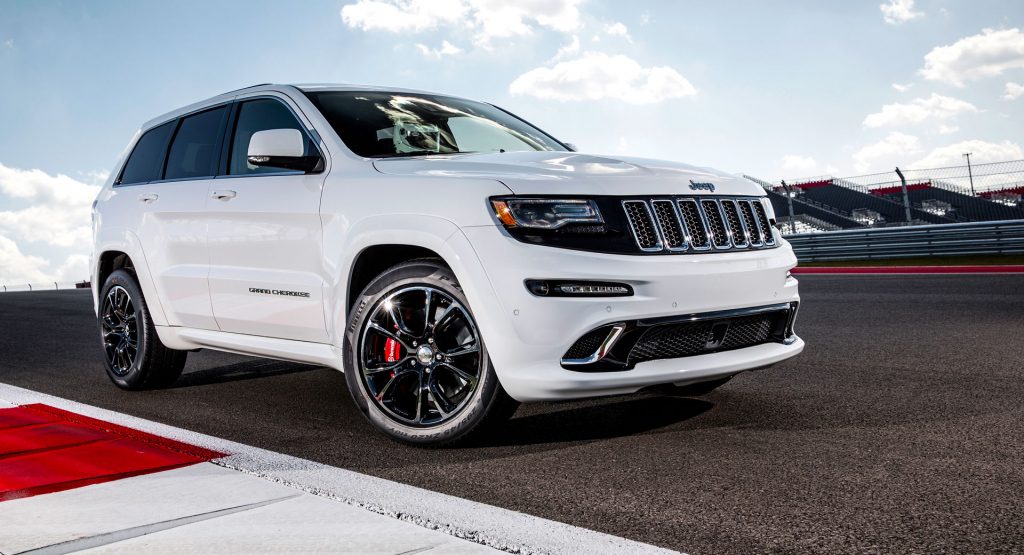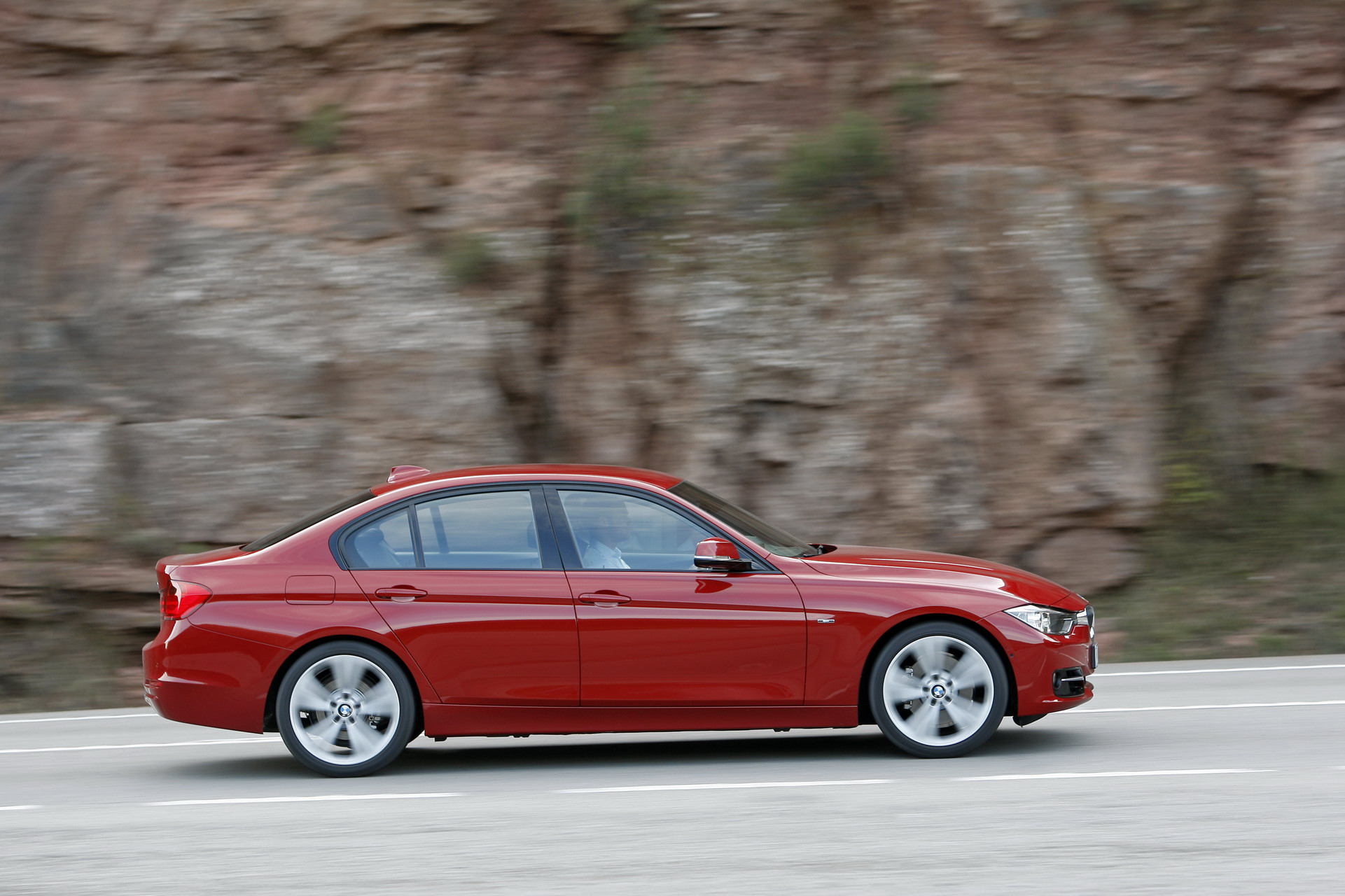Evidence from a public inquiry in Canada shows the way that criminals might be employing used cars to launder money. Undervalued vehicles being exported to China, the Philippines, and the U.S. may be part of efforts by criminals to clean up dirty money.
The Cullen Commission, being headed by Justice Austin Cullen of the BC Supreme Court, was opened to look at dirty money raising prices in Vancouver‘s real estate market. John Zdanowicz, though, a business professor at the Florida International University who presented evidence to the commission, told Wards Auto that cars are a likely money-laundering mechanism, too.
Zdanowicz points to vehicles being moved out of the country for less than they’re worth. New Motor homes were one category of interest to him. Exports worth $47 million ($37.7 million) are being moved to China, Hong Kong, the Philippines, and Cambodia, but his data suggests that they’re selling for 46% less than they should.
Read Also: A Salesman Cost FCA $8.7 Million After He Offered Employee Discounts To Just About Everybody
The professor also pointed out that more than $6 million ($4.8 million) in cars undervalued by up to 15% is being exported to China, $10 million ($8 million) in diesel trucks undervalued by 50%-70% is being exported to the U.S., as well as $8 million ($6.4 million) in car bodies undervalued by up to 89% is being moved to America.
Zdanowicz suggests that this is all worthy of investigation.
Used car dealers are a popular way to launder money because of the variety of options it provides to criminals. A vehicle can be purchased by wire or through an app like WeChat Pay. If no questions are asked, the vehicle can be resold for clean money.
Criminals can also simply put a deposit down on an expensive vehicle with dirty money, back out of the deal, and have the deposit refunded with clean money. Leasing is also a handy way to use dirty money because the car still technically belongs to the dealership. If the police suspect something, they can’t seize the vehicle without proof of origin of funds.
Used car dealers tend to be preferred to new car dealers because of the requirements imposed upon them. While new car dealerships have franchise contracts to consider and most run financing through a financial institution that is likely to have the ability to check where the money is coming from, used dealerships tend not to.
And some don’t feel they should have to. Bob Pierce, member services director for the Used Car Dealers Association of Ontario told Wards that finding all of that information would be too onerous.
“You can ask, ‘Where did they get the cash?’ But salespeople are not detectives. We have not trained them to be, and nor should we,” said Pierce. “How can we tell if a driving license is issued by a ministry of transport or issued by people who make false passports?”






